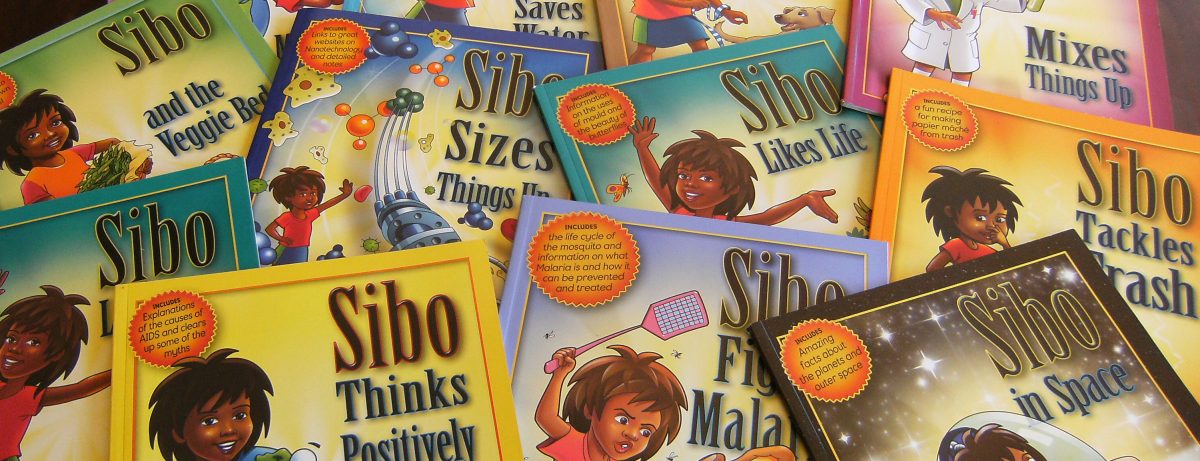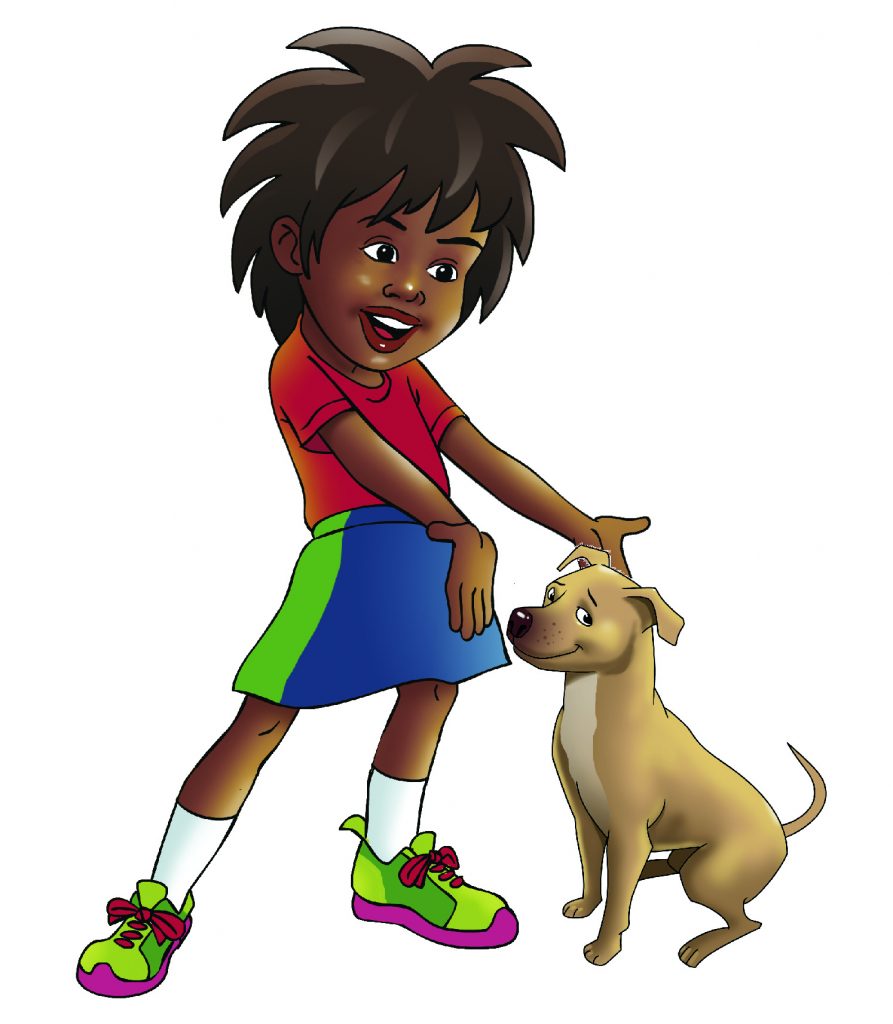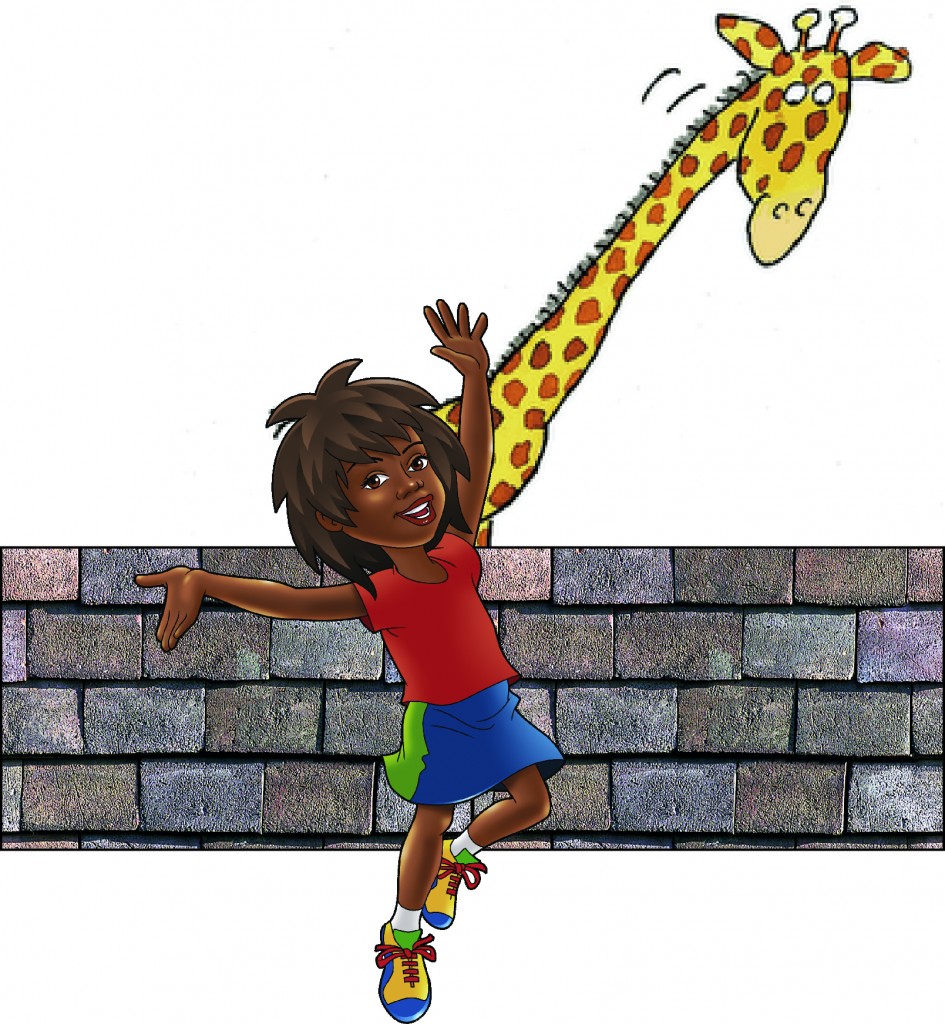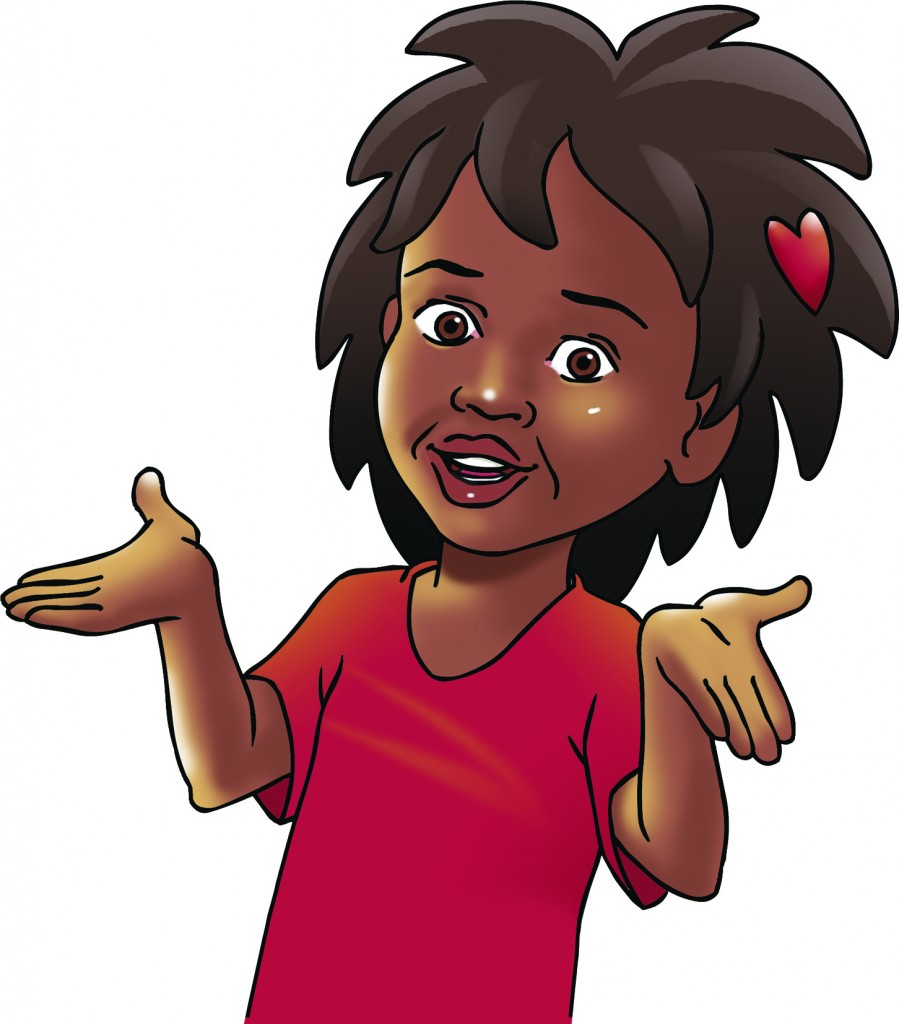
The other day I heard a terrible yelling coming from Mum’s bedroom. Dropped what I was doing and ran to see what on earth was going on.
She was a quivering, jabbering screeching wreck! I looked at her with big eyes – whatever was the matter? She pointed at a little splodge on the duvet.
It was a spider. Not a particularly big spider, but not exactly small and sweet looking either. One of those hairy dudes that look like it might want to pounce on a person.
Of course I know that’s complete nonsense – they are a lot more afraid of us than we are of them. Mum was heading off to the kitchen to get the Doom. I stopped her and told her to rather make a cup of tea, sit in the lounge and drink it. I would deal with the spider.
Okay – I am not a big fan of spiders either but I really don’t like killing stuff, so I yanked up my big girl broekies and grovelled out a spider busting kit.
Very simple really – a thin piece of cardboard and a clear plastic bakkie.
First I snuck up and slapped that bowl over the spider. It needs to be clear preferably because then you can see where the spider is (on the bowl or on the surface) when you slide the piece of cardboard carefully under the bowl. There is no point in saving the spider and knocking off a couple of her legs in the process.
Once you have the spider trapped between the cardboard and the bowl, you lift the whole thing up and take the little intruder outside. I like using a plastic bowl because sometimes the spider tends to get a bit friendly and wants to run up your arm when you open up the bowl. Then you can toss it into the garden and run away shrieking!
Mum thought I was very brave.
Did you know that the 11th of October is International Day of the Girl Child! We get to have our own day – how cool. This is a pretty good time in history to be a girl too. We are encouraged to do anything as far as careers go – the sky is the limit.
Although this is not the case for everybody, in some countries girls and women are severely oppressed. Let’s spare a thought for them please.
Sibo







